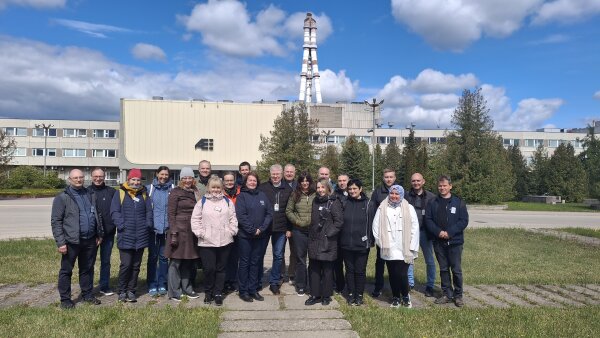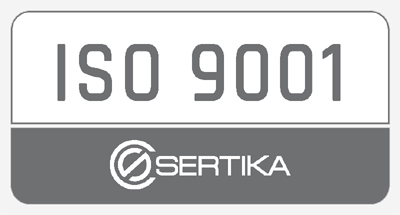Lithuania's solutions for radioactive waste management in the international spotlight
2025

Last week, Vilnius (Lithuania) hosted a regional workshop initiated by the International Atomic Energy Agency (IAEA) titled Regional Workshop on Best Practices for Legacy Waste Management, including Retrievability and Remediation of Sites. The event, which took place from May 5 to 9, was organized by the Government of the Republic of Lithuania in collaboration with the Ignalina Nuclear Power Plant (INPP).
“Managing legacy radioactive waste presents significant challenges for many countries that have developed or are developing nuclear energy programs. This seminar represents a unique opportunity for Lithuania to share its best practices in radioactive waste management, aligned with modern safety standards,” emphasized Gintautas Klevinskas, Head of the Radioactive Waste Repositories Division at INPP.
The five-day seminar brought together participants from thirteen IAEA member states, including Sweden, Armenia, Azerbaijan, Croatia, Georgia, Hungary, Romania, Poland, Turkey, Serbia, Ukraine, Latvia, and Lithuania, all of whom are responsible for radioactive waste management.
“This event provided a valuable platform for knowledge-sharing and the exchange of experiences. I believe that this meeting not only deepened our understanding of radioactive waste management but also fostered hope for the development of future joint projects, encouraging enhanced cooperation among organizations and countries,” highlighted Felicia Dragolici, IAEA representative.
INPP experts presented the challenges and solutions associated with the safe and most economically efficient management of historical radioactive waste. The primary focus was on the planning and preparation involved in radioactive waste retrieval. They also discussed the necessary actions and conditions required to ensure the successful implementation of such projects in the long term.
During technical visits, participants toured the Maišiagala Radioactive Waste Storage Facility and the Ignalina Nuclear Power Plant, including its on-site radioactive waste storage facilities, providing the seminar attendees with a hands-on understanding of the radioactive waste retrieval and management processes and the experiences gained.
Most of the attention was directed toward the Maišiagala Radioactive Waste Storage Facility, where historical radioactive waste has been stored since 1964, and whose operations are now being successfully decommissioned. Last year, all radioactive waste was removed from both solid and liquid radioactive waste reservoirs at this facility. Additionally, the entire caisson primary containment and equipment were dismantled, and the facility’s-controlled area was eliminated. The decommissioning work is scheduled for completion by the first half of 2026.
The IAEA workshop aims to strengthen competencies in the radioactive waste management sector, increase awareness, and support the efforts of member states to sustainably manage historical radioactive waste.

